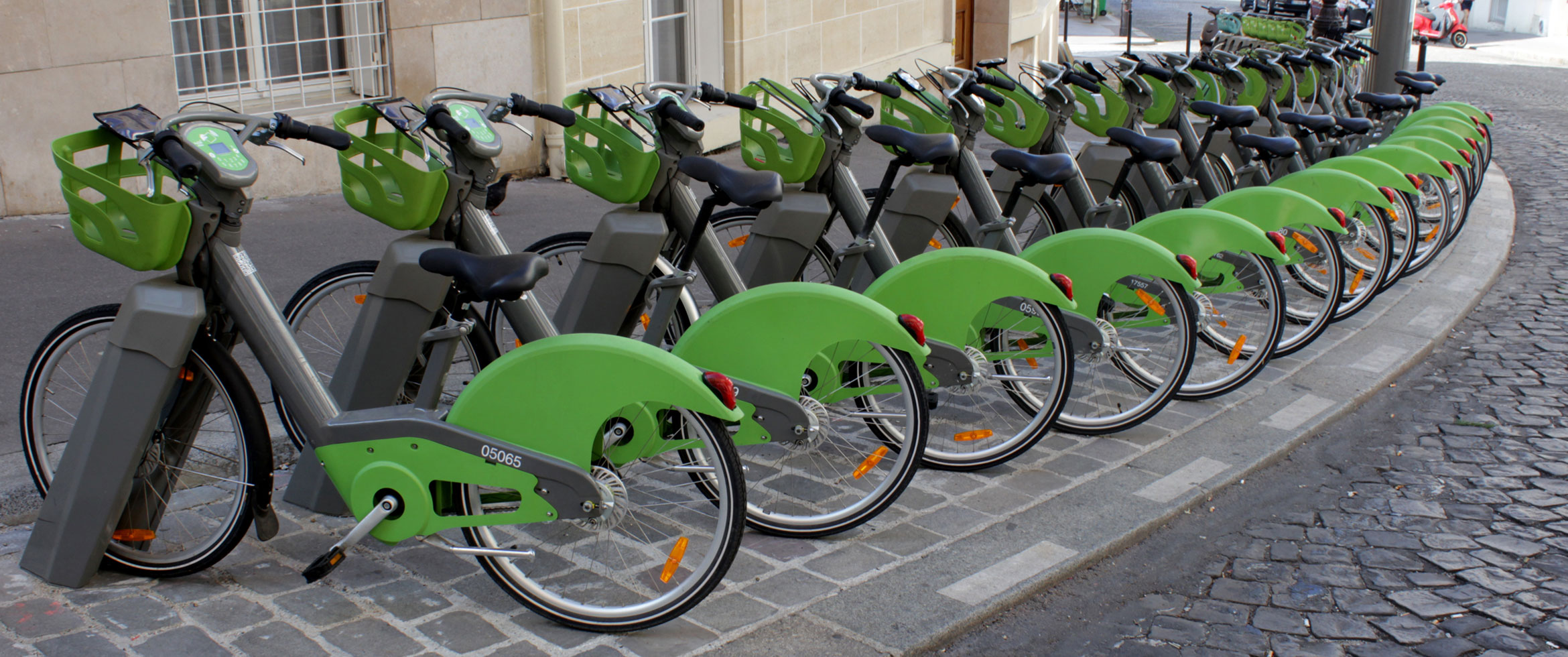Århus Bike Bus'ters
Calgary’s Workshift
City of Austin’s Leave Time Travel Incentive
Bicycle Friendly Communities Program
Promoting Public Transit in Urban Areas with Incentives and Commitment
Bachman, W. , & Katzev, R. (1982). The effects of non-contingent free bus tickets and personal commitment on urban bus ridership. Transportation Research, 16A, 2, 103-108.
Using Community-Based Social Marketing Techniques to Enhance Environmental Regulation
Kennedy, A. (2010). Using Community-Based Social Marketing Techniques to Enhance Environmental Regulation. Sustainability, 2(4), 1138-1160
A Community-Wide Intervention to Improve Pedestrian Safety: Guidelines for Institutionalizing Large-Scale Behavior Change
Boyce, T. E., & Geller, E. S. (2000). A community-wide intervention to improve pedestrian safety: Guidelines for institutionalizing large-scale behavior change. Environment and Behavior, 32(4), 502520.
Successfully Changing Individual Travel Behavior: Applying Community-Based Social Marketing to Travel Choice
Cooper, C. (2007). Successfully changing individual travel behavior: Applying community-based social marketing to travel choice. Transportation Research Record, (2021), pp. 88-99.
Applying a Modified Moral Decision Making Model to Change Habitual Car Use: How Can Commitment be Effective?
Matthies, E., Klöckner, C., & Preißner, C. (2006). Applying a Modified Moral Decision Making Model to Change Habitual Car Use: How Can Commitment be Effective?. Applied Psychology: An International Review, 55(1), 91-106.
Psychological resistance against attempts to reduce private car use
Tertoolen G., van Kreveld D. & Verstraten B. (1998). Psychological resistance against attempts to reduce private car use. Transportation Research Part A: Policy and Practice, 32 (3), 171-181.



